Travels with my App
How the Covid tables have turned. In the pandemic’s initial stages, the Anglo world congratulated itself on its robust common sense response. Australia promptly implemented policed quarantining of incoming travellers. Boris Johnson rolled out the quickest vaccinations by a major economy. Meanwhile the EU moved glacially, partly because of such imperatives as translating documentation into its 24 official languages (including Irish – 60,000 native speakers).
But, as a miserable lockdown winter gave way to spring, Europe started to get its act together – 70 per cent of adults have now received one vaccination, 57 per cent two, about the same as the US. Hungary, our base when in Europe, was one of the EU’s quickest to roll out vaccinations. As a result, in June, soon after we got our second doses of Pfizer, the country abolished all Covid restrictions, including, joy of joys, the need for mask-wearing (indoors and out). Then, on 1 July, the EU’s internal national borders were reopened to those armed with its Covid app, issued to those who’ve been vaccinated, or tested negative or who’ve recovered from Covid. With the app, crossing the EU’s member-state borders requires no quarantine, tests or other bureaucracy.
This allowed us to accept an invitation to join friends above Italy’s glorious Lake Como. And so, on a day when we woke to the news that most of Australia’s state borders were yet again closed – and with the Morrison government still creating every possible obstacle to citizens like us returning – we set out for Hungary’s frontier with Austria. This turned out to be the only one of eight border crossings on the journey where our Covid app was asked for. After a cursory glance by the Austrian border guard, we sailed through.
We were last in Austria in December when it was one of the few places where we and our UK-based daughters could be together for Christmas. We were able to book an Airbnb in Vienna, but, depressingly, all of the great city’s restaurants and cafés were closed; its famous Christmas markets were cancelled, as was most live music.
What a contrast this time. We stayed at one of our favourite hotels in the Austrian Alps, at Gosausee, one of the country’s most magical mountain lakes. Happily it was back to old times – the hotel full, the restaurant doing a roaring trade and lots of hearty walkers pounding the trails under the soaring mountain peaks. Austria had also ended the need for all masks and no one wore one. Still, there was an intruding regime of Covid passports: both our hotel and motorway restaurants asked us to confirm that we had these.
The next border, into Germany, was unmanned – though, suggesting impressive if slightly creepy electronic surveillance, after we crossed it we received text messages from the Federal Ministry for Health asking us nicely to observe Covid rules. These most noticeably were the continued requirement to wear masks indoors.
The quickest route to Lake Como was via Switzerland and we wondered whether crossing its border amid Covid restrictions might bring out the more officious side of the Swiss character. But, as we reached the frontier between Austria’s Tyrol and Switzerland’s Romansch region, a friendly Swiss border guard simply wished us a pleasant journey through that dramatic corner of the Alps. Entry into Italy a couple of hours later was again unpoliced.
During much of the drive, appropriately, we listened to the audio version of the new book by British writer Laura Dodsworth, A State of Fear: How the UK government weaponised fear during the Covid-19 pandemic. She’s particularly fascinating on why public health authorities suddenly switched in mid-2020 from recommending against face masks to making them mandatory. Pointing out that the UK publicly acknowledges that the health case for them is ‘weak’, she concludes that health officials use them as symbols of submission to their rules. They’ve become quasi-religious signals of the wearer’s virtue.
At Lake Como, as in Austria, after more or less eighteen months of lockdown, it was startling – and of course exciting – to see the extent to which normality had returned. With American tourists as well as the European neighbours back, securing a table at a cafe or restaurant wasn’t easy. Despite lingering worries that lockdowns might return, Italians’ main preoccupation was returning to the perennial one of what to do about too much tourism.
Our final stop was Croatia, one of the few EU countries open to visitors flying direct from Britain, where we met our London-based daughter. There we discovered the architectural and beach-lounging charms of the ancient Venetian port of Rovinj. Croatia has been as successful as Como or the Austrian Alps in quickly attracting back the tourists.
Europe’s Covid management trajectory isn’t problem-free. Few quibble with immunity documentation being required to cross borders, but, as seen in France and Italy, attempts to require Covid passports more broadly are running into fierce resistance. Still, Europe in many ways is being more sensible than us about the pandemic. That collides with deep Anglo prejudices that we do democracy and police better than the Continentals. In this case, they may need rethinking.Since early 2020 no European country has done any of the following: make it virtually impossible for its citizens to return or leave; instruct its citizens not to talk to each other in shops or to ‘browse’; empower police to decide what are ‘non-essential’ items (including whether somebody needs to buy a new pair of shoes); deploy the military to enforce lockdowns; accept its police asking people, Stasi-style, to snitch on others for breaking lockdown rules; or recruit a senior communist to advise on lockdown policy.
Europeans are rightly horrified by such stories. The English-speaking world needs to ask itself why we, unlike most democracies, are becoming outliers in continuing to put up with such madness.
Got something to add? Join the discussion and comment below.
Get 10 issues for just $10
Subscribe to The Spectator Australia today for the next 10 magazine issues, plus full online access, for just $10.
Mark Higgie is the Spectator Australia’s Europe correspondent @markhiggie1
You might disagree with half of it, but you’ll enjoy reading all of it. Try your first month for free, then just $2 a week for the remainder of your first year.

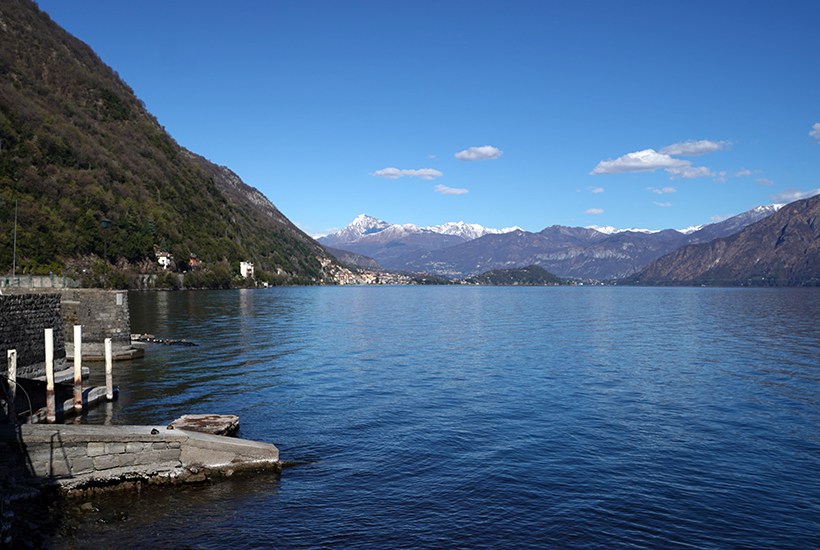
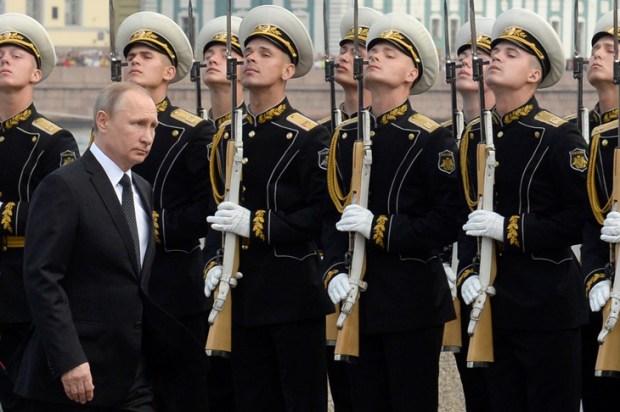
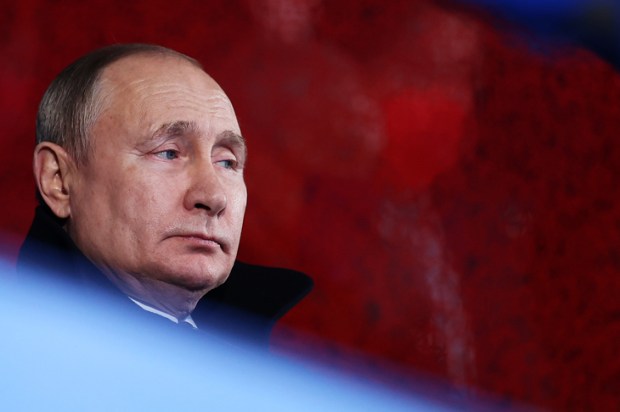
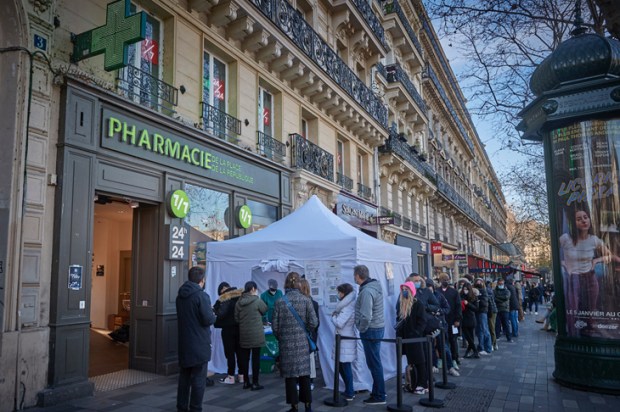
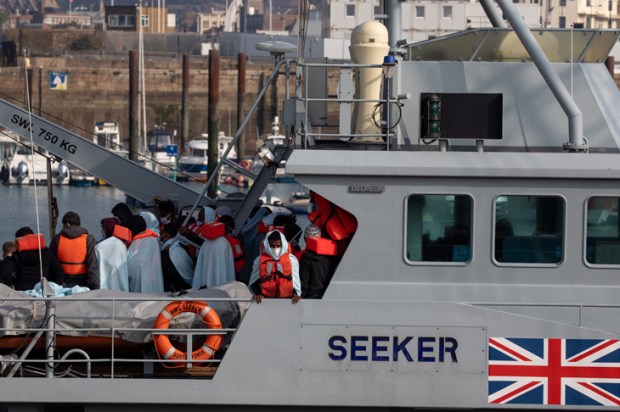
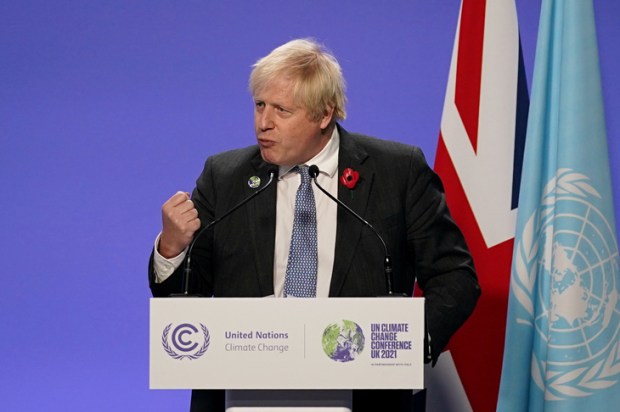
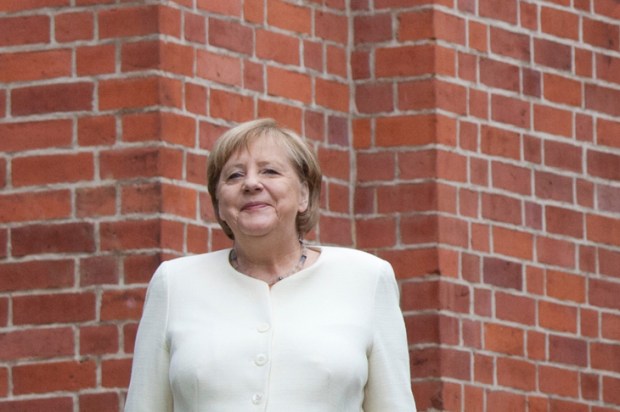






Comments
Don't miss out
Join the conversation with other Spectator Australia readers. Subscribe to leave a comment.
SUBSCRIBEAlready a subscriber? Log in